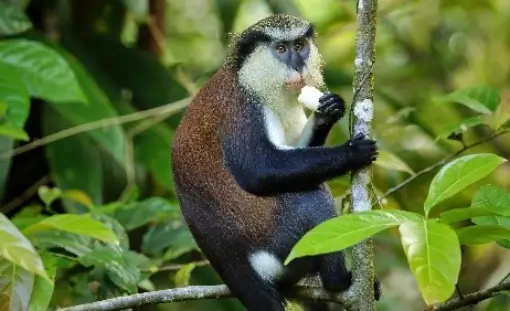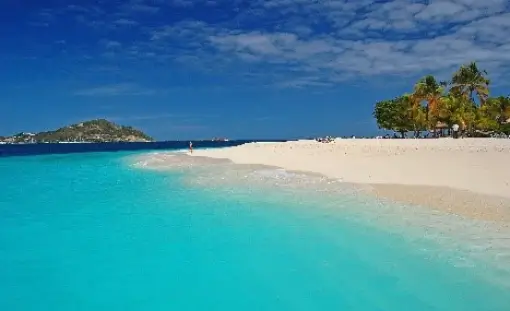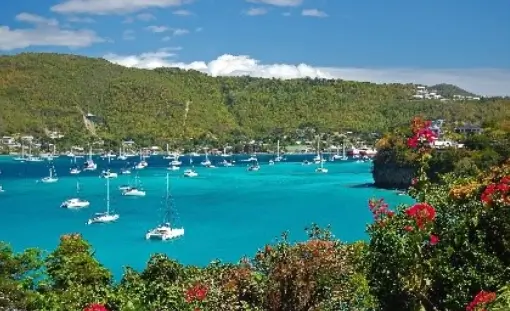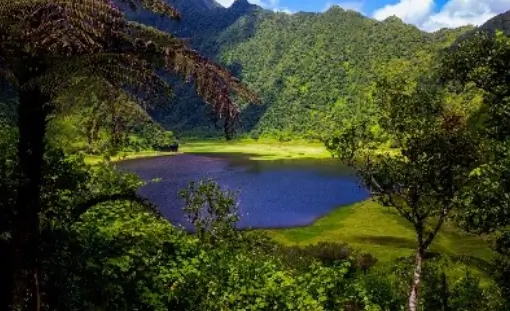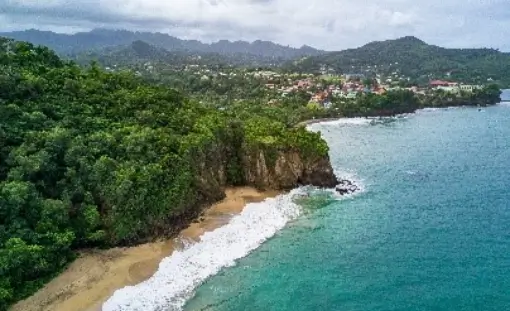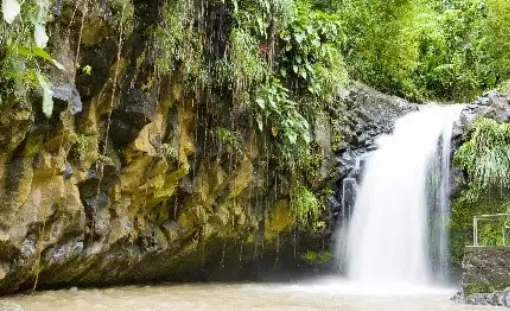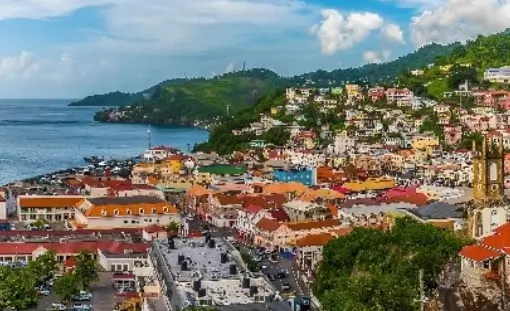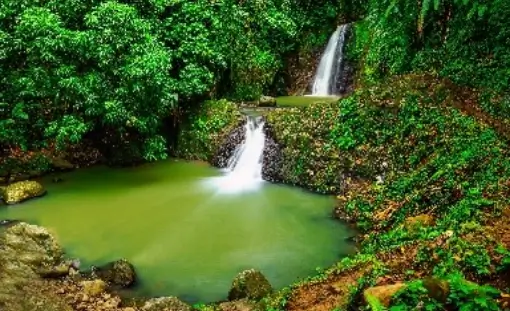Destinations
2024 Destination: Grenada
Grenada, a picturesque island nation nestled in the southeastern Caribbean, boasts a rich tapestry of geologic, ecologic, and biological features that make it a captivating destination for nature enthusiasts and scientists alike, with a myriad of unique opportunities for research and study. The country comprises the main island of Grenada and several smaller islands, each contributing to its diverse landscape.
Geologically
Grenada is a volcanic island with a complex history, evident in its lush mountainous terrain and the presence of the Grand Etang Lake, a crater lake nestled in the heart of the island. Grenada also boasts Kick ‘em Jenny, one of the most active Caribbean volcanoes and the only active submarine volcano in the Eastern Caribbean, with its summit located 600 meters below sea level. Grenada’s volcanic formations provide a natural laboratory for geologists and vulcanologists to study the island’s geological evolution, volcanic activity, and the impact of these processes on the surrounding ecosystems.
Ecologically
Grenada is a haven for researchers interested in coastal ecosystems, coral reefs, and marine life. The country’s pristine beaches and coral reefs serve as natural laboratories for marine biologists and ecologists to study biodiversity, coral health, and the intricate relationships within these underwater ecosystems. The mangrove forests along the coast offer valuable insights into the role of these ecosystems in shoreline stabilization and as nurseries for various marine species.
Biologically
Grenada boasts a rich diversity of plant and animal species, with a significant number being endemic or rare. The island’s rainforests, such as those in Grand Etang National Park, provide a unique setting for biologists to study endemic flora and fauna, including the critically endangered Grenada dove and other avian species. Levera National Park, with its diverse ecosystems, offers researchers opportunities to investigate the interactions between different species and the impact of human activities on these delicate environments.
Grenada’s commitment to environmental conservation and sustainable practices enhances its appeal as a destination for scientific study. Researchers can engage in projects related to conservation biology, climate change adaptation, and sustainable tourism practices, contributing valuable data to global scientific understanding.
Grenada stands as a captivating and scientifically significant destination, offering researchers a multifaceted environment for the study of geology, ecology, and biology. The island’s commitment to conservation ensures that these unique ecosystems remain intact, providing ongoing opportunities for scientific exploration and discovery.
The Safari Research Program has chosen Grenada as its inaugural destination for research study based on its unique and intriguing natural features that offer multiple varied opportunities for deep scientific research, while also offering an enticing tropical environment for a tourist and nature lover’s paradise.


